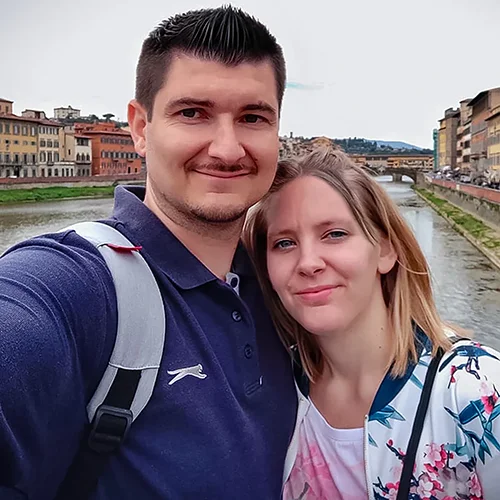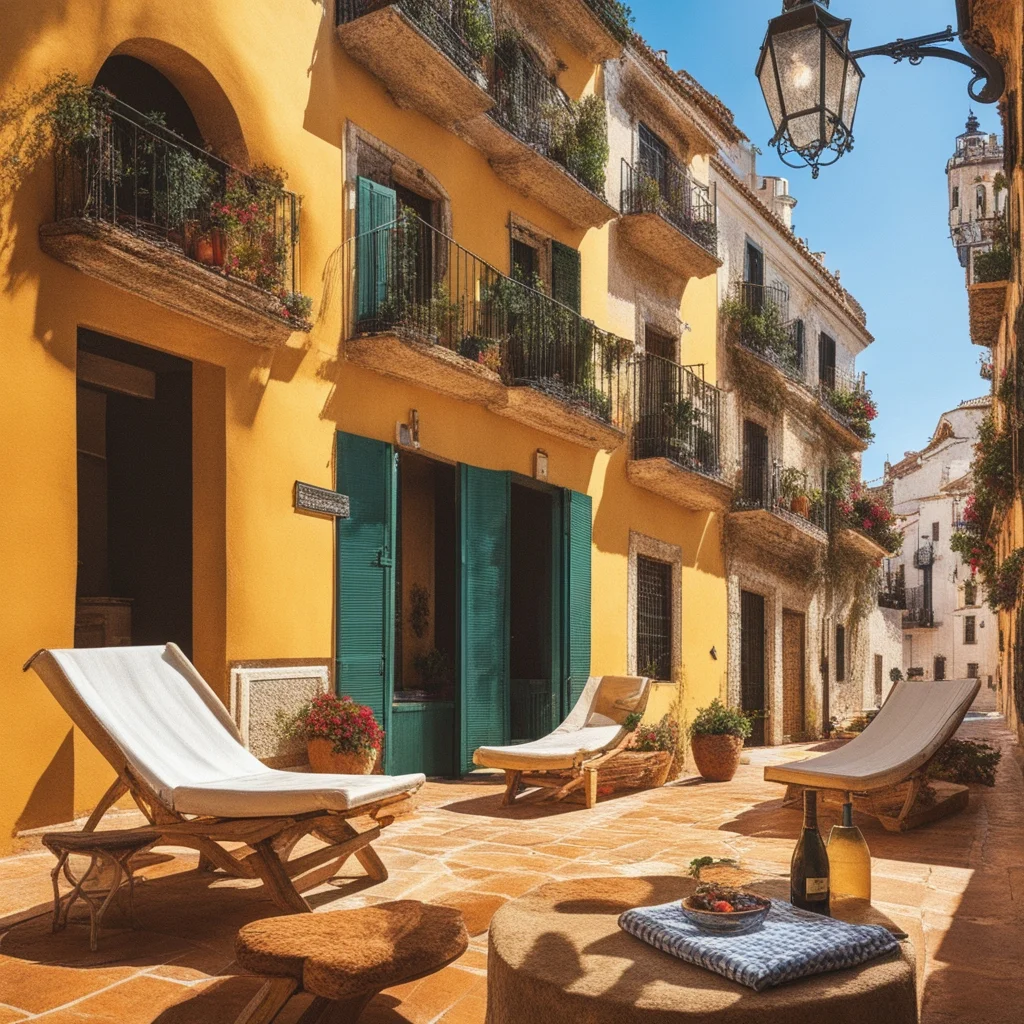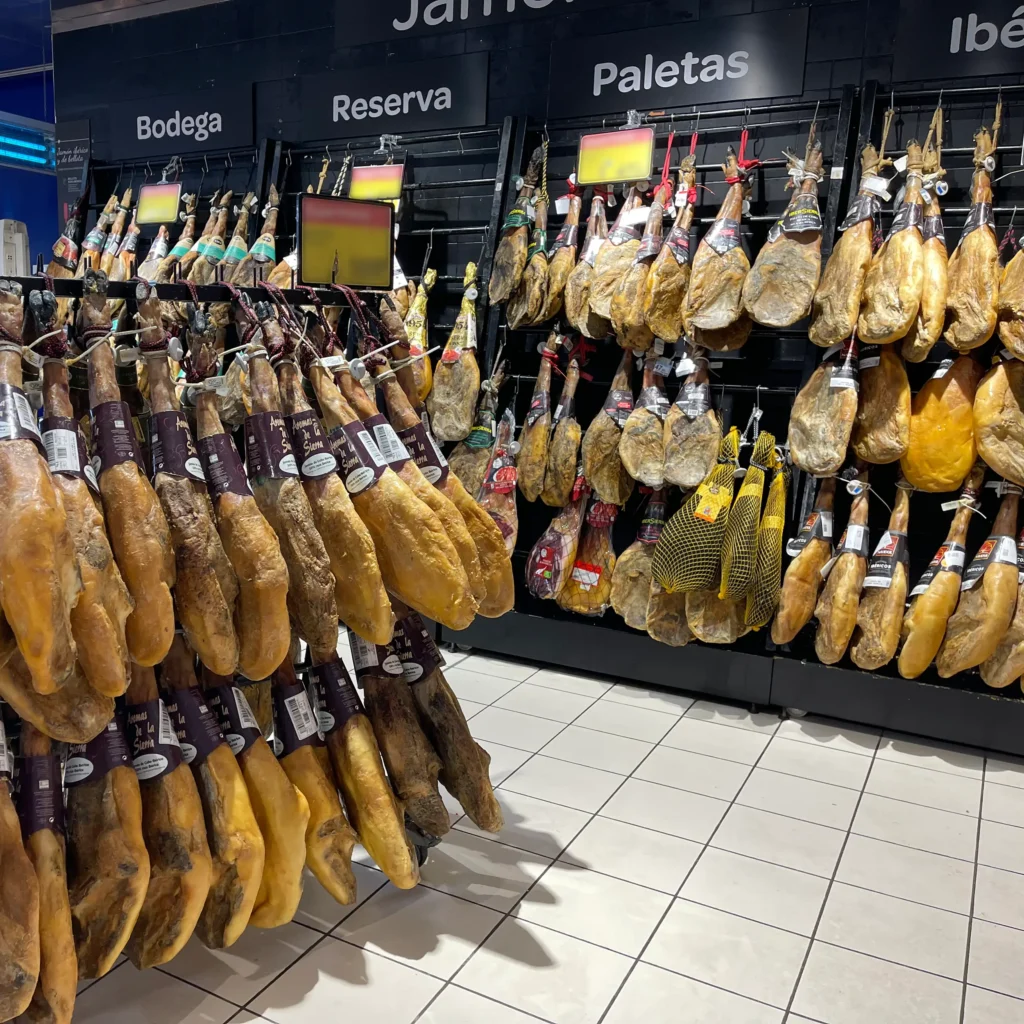Cultural differences
Cultural differences
Cultural differences
Cultural differences
21. August 2024
Feedback: 0
If you live in Spain as a German or are visiting, you’ll quickly notice: a lot of things work quite differently here than in Germany. And yes, this can initially feel like a bit of a culture shock – especially if you’re used to everything running on schedule and punctuality being not just a suggestion, but almost a sacred duty. But don’t worry, with a little patience and an open mindset, you’ll soon come to appreciate the Spanish quirks.
In this post, we’ll take a look at the most important differences between Spain and Germany that will stand out to you as an expat or traveler. And we’ll show you why you don’t need to stress, even if you’ll be amazed by a few of these differences at first.
Rhythm of Life and Daily Routine
Lunch in Spain: A Hearty Meal
In Spain, lunch is not just a quick meal in between. It’s a substantial meal that often consists of several courses – from a starter salad to the main course with meat or fish, and finally a dessert. Here, each dish is enjoyed at a leisurely pace. If you think of a quick sandwich or a snack in Germany, you’ll quickly realize in Spain how much time is allocated for lunch.
Late meal times: Welcome to the Spanish rhythm.
In Spain, a lot of things happen later than in Germany. Lunch is usually not served before 2:00 PM, and dinner often doesn’t start until around 9:00 PM. For many Germans, who are used to eating earlier, this can initially be a bit of an adjustment. Maybe you’re used to enjoying your dinner at 6:00 PM or 7:00 PM, but in Spain, the whole thing is celebrated much later. Be prepared to dive into a different daily rhythm with the Spanish, which also affects the meal times.
The siesta myth: Why the midday nap is sacred here.
Yes, you heard that right! In Spain, there is indeed the tradition of the siesta. This relaxed midday nap is still practiced in many regions and can last between 2 and 3 hours. But before you think that everyone sleeps at 2:00 PM, you should know that the siesta rhythm is less pronounced in larger cities. In more rural areas, where the temperatures are high, it’s normal for many shops to close and the streets to become quiet between 2:00 PM and 5:00 PM. But don’t worry – you won’t be alone with your midday nap!
Leisure in Spain: The streets are lively.
Leisure in Spain is mostly spent outdoors. You’ll quickly notice that the Spanish have a completely different attitude towards how they spend their free time. While in Germany, many people enjoy their free time indoors – with a movie night or hobbies – in Spain, the streets and squares are full of life in the evening. Especially in the summer, it’s typical for families and friends to be out for the paseo, the relaxed walk through the town.
In Spain, leisure is not only time for yourself, but also for the community. It’s completely normal to meet friends or family for a glass of caña (a small beer) or a glass of wine and enjoy life. This social atmosphere is a central part of the Spanish lifestyle, especially in the early evening hours.
Leisure in Germany: More structured and private.
In Germany, leisure is often more structured. Many people spend their free time in a more private setting – whether it’s a cozy evening at home or engaging in hobbies. The difference: In Spain, the evening is lively and social, while in Germany, it’s more private and quiet. Especially on the weekends: While in Germany, the weekend often starts with fixed plans, the Spanish enjoy their free time much more flexibly and relaxed.
Work culture and business etiquette: Spain vs. Germany.
Long workdays and lunch breaks in Spain.
In Spain, the workdays are long, but the famous lunch break, which interrupts the day for several hours, makes it a bit more relaxed. This break is not just for rest, but also to enjoy life. In many regions, shops close, and people take a break. In Germany, the workday is clearly structured, with a focus on punctuality and efficiency – there’s little room for long breaks.
Hierarchies and office interactions: More personal in Spain.
In the work environment in Spain, the tone is more personal, and hierarchies are less strict. Conversations are often more relaxed and not as formal. In Germany, on the other hand, the atmosphere in offices is more factual and direct. The hierarchies are clearer, and meetings usually follow a clear structure.
Slow bureaucracy: Why everything happens „later“
If you come from Germany, you will get to know Spanish bureaucracy in all its glory. Compared to the often fast processes in Germany, it can sometimes take a little longer in Spain when dealing with official procedures and document handling. A famous example of the Spanish bureaucratic routine is the word “mañana” – which means „tomorrow,“ but often also means „sometime later.“
In Spain, there is a mañana mentality, which sometimes makes it harder to get things done quickly. However, this doesn’t mean that there is no efficiency here, but rather that the Spanish mentality is simply less rushed. Patience is required – and this is often the key to a more relaxed daily life.
Family and community.
The family: The heart of Spain.
In Spain, the family is at the heart of life. Multiple generations often live under one roof, and family gatherings are big and important events. In Germany, young adults move out earlier and live more independently. However, this doesn’t mean that the family is less important – it just means that the sense of togetherness is often stronger across distances.
Spanish people are very sociable and often have large friend groups. They spend a lot of time together, whether it’s during a cozy evening or when going out together. In Germany, friendships tend to be smaller and more exclusive, but once a close connection is formed, they are just as strong. Friendships in Germany are often more intense and enduring, while in Spain, the focus is more on being together.
Dogs in Spain: The loyal companion in all aspects of life.
Dogs in everyday life: Much more than just pets.
If you have a dog in Spain or are simply an animal lover, you will notice that dogs here are much more than just pets – they are family members. It’s completely normal to go to cafés and restaurants with your dog, especially on the terraces of many places, where the dogs can sit under the table.
Dog beaches and dog parks in Spain.
Unlike in Germany, where dogs are often only welcome at special dog beaches or in dog parks, in Spain there are many places where your dog can enjoy freedom – including beautiful beaches that are accessible for dogs. This makes Spain a dog lover’s paradise!
Festivals, Traditions, and Religion
Festivals and religious celebrations.
In Spain, there’s always something to celebrate. Fiestas like Semana Santa (Holy Week), Las Fallas, or La Tomatina are just a few examples of the colorful festivals deeply rooted in Spanish culture. In Germany, there are also many festivals like Oktoberfest or Carnival, but they are often more regional and structured.
Religious traditions.
Spain is strongly influenced by the Catholic Church. Religious holidays and celebrations are celebrated with devotion here. In Germany, on the other hand, the religious landscape is more diverse. While in Catholic regions like Bavaria, religious celebrations are celebrated on a large scale, religion plays a less central role in other parts of Germany, especially in the East.
Values and Norms
In Germany, punctuality is a sacred duty. Delays in appointments or public transportation are considered rude. In Spain, however, people are often more relaxed. A 10–15 minute delay is normal here, and no one will get upset.
There are also differences when it comes to rules. In Germany, they are strictly followed, and order and discipline are important. In Spain, however, rules are often seen as guidelines that can be adjusted depending on the situation. The Spanish respect rules, but with more flexibility.
Language and Communication
Spain is a country of linguistic diversity. In addition to Spanish, there is also Catalan, Galician, and Basque, which are often preferred in their respective regions. In Germany, Standard German is the unifying language, although there are many dialects that can sometimes cause understanding issues.
Spaniards speak lively, often loudly, and gesture a lot – emotions flow into their communication. Germans, on the other hand, are more reserved and direct. They clearly say what they mean, which can sometimes seem rude to Spaniards, but for Germans, it’s about clarity and efficiency.
Conclusion
These cultural differences between Spain and Germany show how different the two countries are – but also how exciting it is to get to know and experience these differences! Whether you want to emigrate to Spain or come to Germany as a Spaniard, there are many exciting experiences to be had and much to appreciate.
We hope these tips help you master your expat life even better! Do you have your own experiences or additional tips? Then feel free to leave us a comment! We look forward to hearing from you and accompanying you on your expat adventure. Feel free to share this post with others who could benefit from the tips, and stay tuned for more insights and inspiration from life as an expat.
Yours, Steffi & Marius

Wir sind zwei deutsche Auswanderer und auf emigres-life nehmen wir Dich mit auf unsere Reise in ein neues Leben.
In unserem Projekt schwingt das Pendel meist in Richtung stressig oder chaotisch und weniger in Richtung tiefenentspannt.
Wenn du also wissen willst, in welches Fettnäpfchen wir als nächstes treten oder welche Hürden vor uns liegen und wie wir sie überwinden, dann bleib dran.
Nächster Blogpost
Valencia entdecken in 2 Tagen – Einige Highlights der Stadt



 Pin it!
Pin it!

